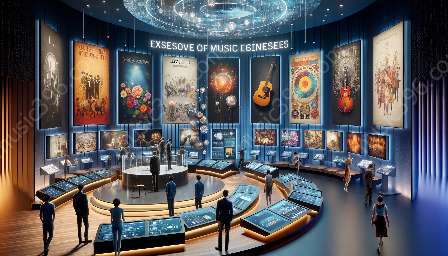Music has the power to evoke strong emotions and memories, often leading to a sense of nostalgia. This article explores the psychological effects of musical nostalgia from the perspectives of critical musicology and musicology, shedding light on the impacts of past music on individuals' mental and emotional well-being.
Understanding Musical Nostalgia
Musical nostalgia refers to the emotional response triggered by hearing a song or piece of music that brings back memories from the past. This phenomenon is a common experience for people of all ages and backgrounds, and it can have profound psychological effects on individuals.
Exploring Emotional Responses
When individuals experience musical nostalgia, they often undergo a range of emotional responses, including joy, sadness, comfort, and longing. Critical musicology delves into the ways in which these emotions are elicited and examines the underlying cultural and historical contexts that contribute to the intensity of these responses.
Memory and Identity
Music has the ability to shape and influence our personal identities and memories. Through the lens of musicology, we can understand how the songs and music of our past contribute to the development of our sense of self and provide a connection to significant life events and experiences.
Neuroscience of Nostalgia
From a critical musicology perspective, the neuroscience of nostalgia plays a crucial role in unraveling the psychological effects of musical nostalgia. Research has shown that listening to music from the past activates regions of the brain associated with emotion and memory, fostering a deeper understanding of how music influences our psychological well-being.
Impact on Mental Well-being
Musical nostalgia can have a positive impact on an individual's mental well-being. The experience of revisiting cherished music from the past can provide a sense of comfort, reduce stress, and enhance overall emotional resilience. Critical musicology and musicology explore the therapeutic potential of musical nostalgia in promoting mental health.
Cultural and Social Significance
Through the lens of musicology, we recognize the cultural and social significance of musical nostalgia. Music has the power to unite people and communities, creating shared experiences and a sense of belonging through the collective remembrance of past music.
Conclusion
In conclusion, the psychological effects of musical nostalgia are complex and far-reaching, encompassing emotional responses, memory, identity, neuroscience, mental well-being, and cultural significance. Critical musicology and musicology provide valuable perspectives in understanding the profound impact of musical nostalgia on individuals and society as a whole.



















